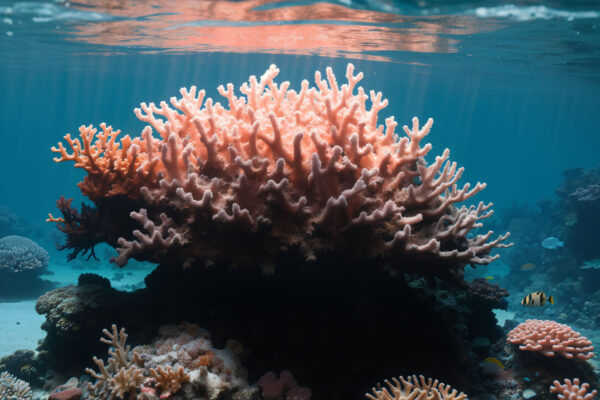
Revolutionary Bacteria: The Unexpected Hero in Florida’s Coral Conservation Battle
Image Credit: pixloom/123rf.com Marine biologists have made significant strides in combating stony coral tissue loss disease (SCTLD), one of the most destructive threats to Caribbean coral reefs. Researchers have identified a naturally occurring probiotic, named McH1-7, which has shown promise in slowing the progression of this devastating disease that has severely impacted Florida’s reef ecosystems….









